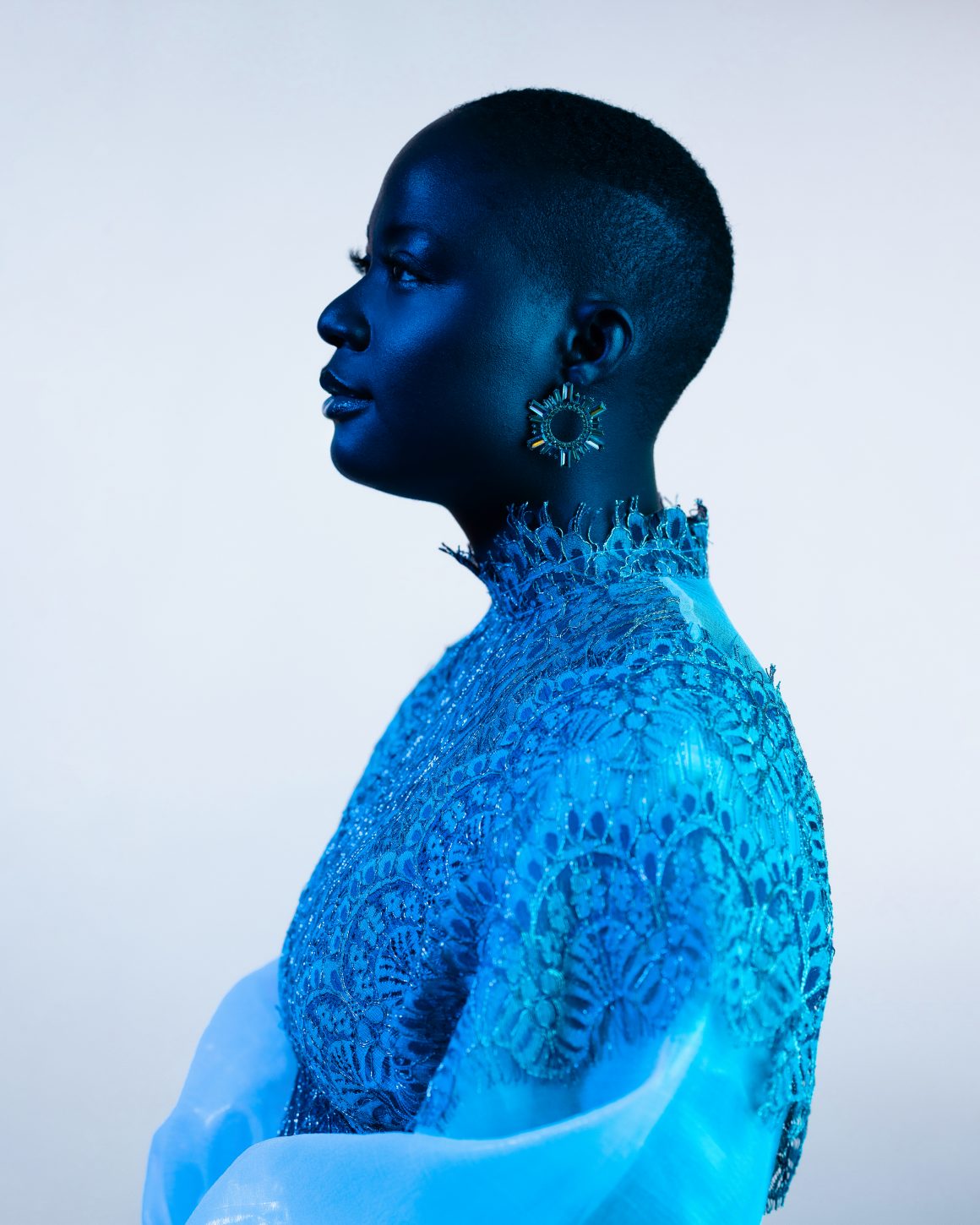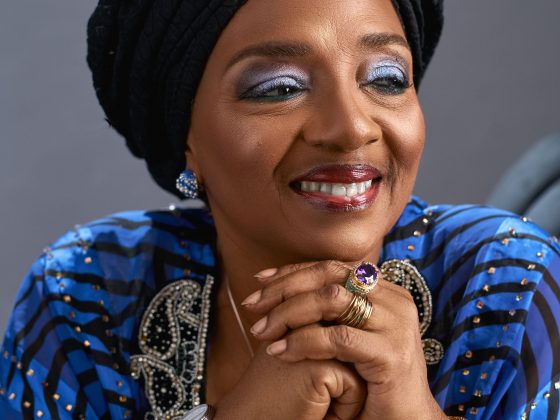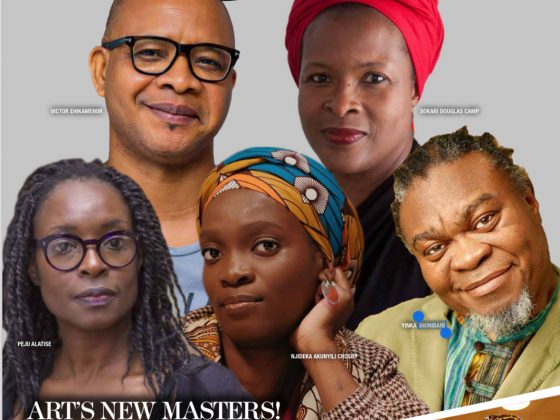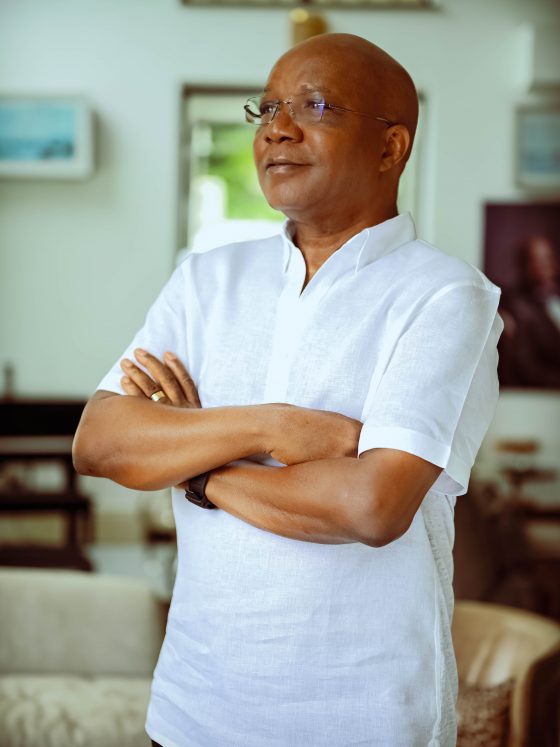From January 24th to April 7th, 2024, Pelumi Nubi, a 27-year-old travel lifestyle content creator from Nigeria, took a solo trip challenge from London to Lagos in her purple Peugeot 107, which she fondly calls Lui.
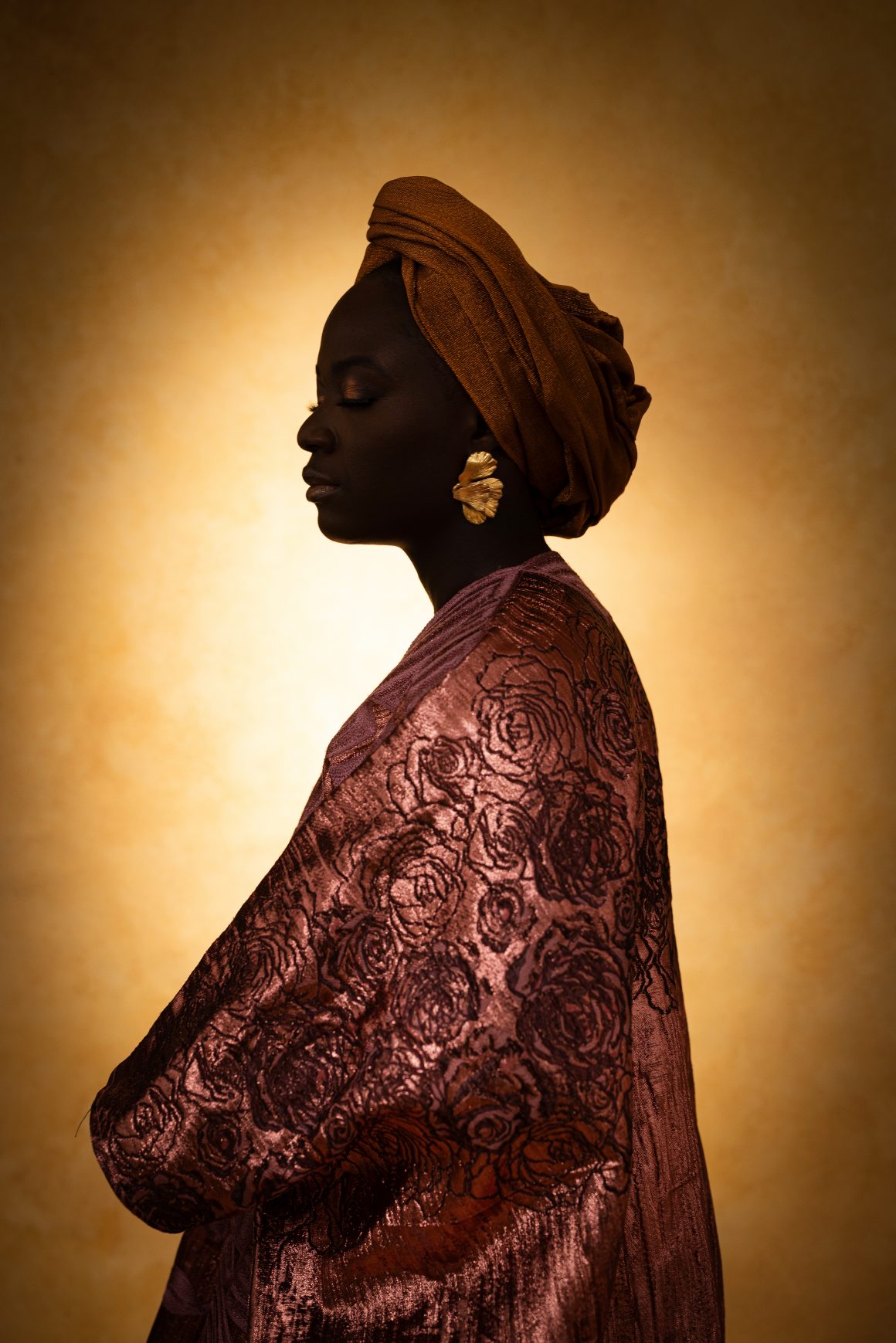
Lui took Nubi on a journey of a lifetime across Europe and Africa, covering over 6,200 miles across six continents. She arrived in Lagos unscathed to a cheerful, dancing crowd of supporters who followed her progress online. She drove all day and, sleeping at night, hauled up in her car to achieve this feat as the first black woman to drive from London to Lagos. It took her a total of 68 days.
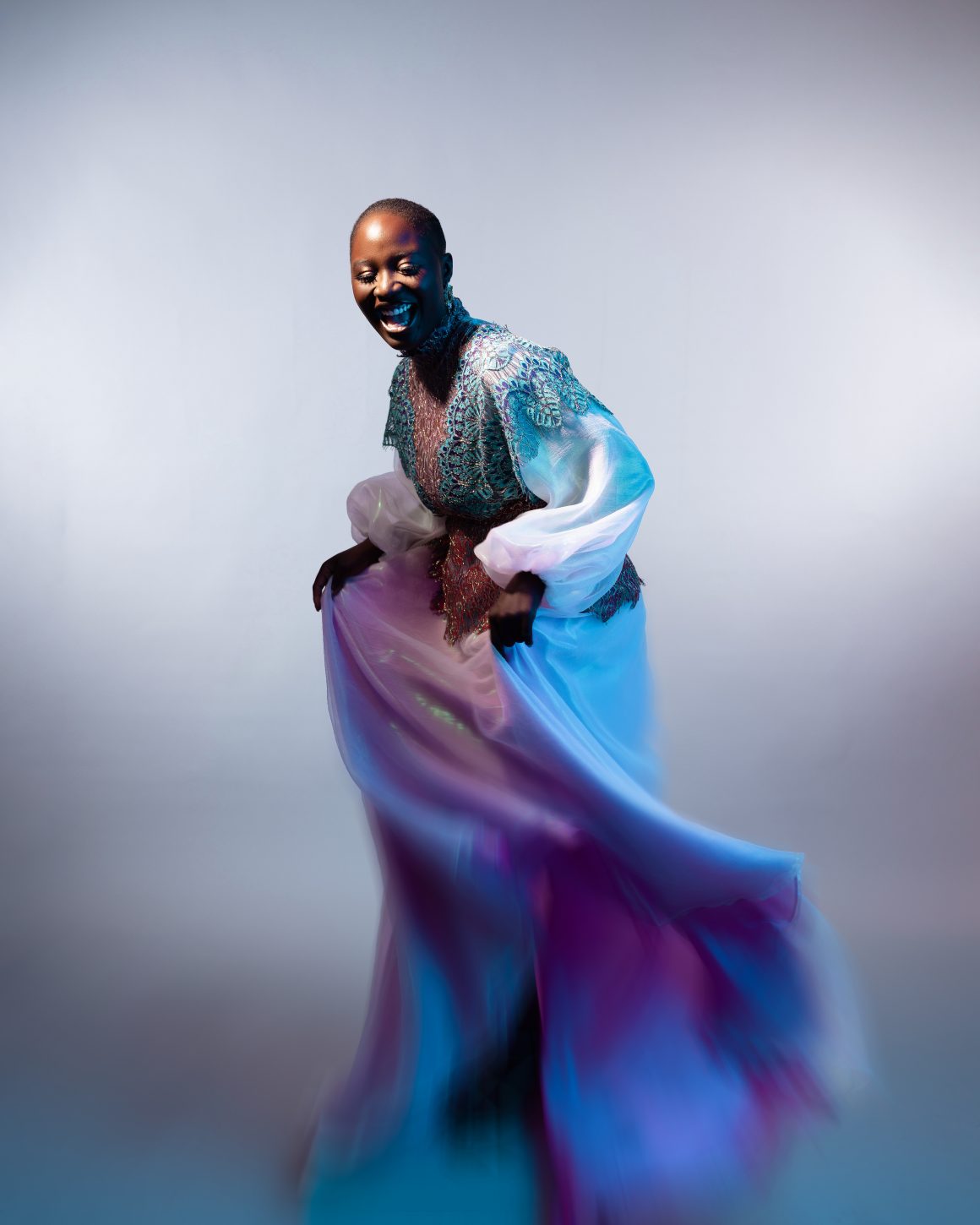
Though the journey was hard and laced with many ups and downs, Nubi’s resolve was worth the while. It earned her a brand new car, a Lagos state tourism brand ambassadorship, a new house, and more.
Bafunke Babs-Kufeji caught up with the brave young woman three days after she arrived in Lagos and spoke to her about her adventurous journey and everything in between.
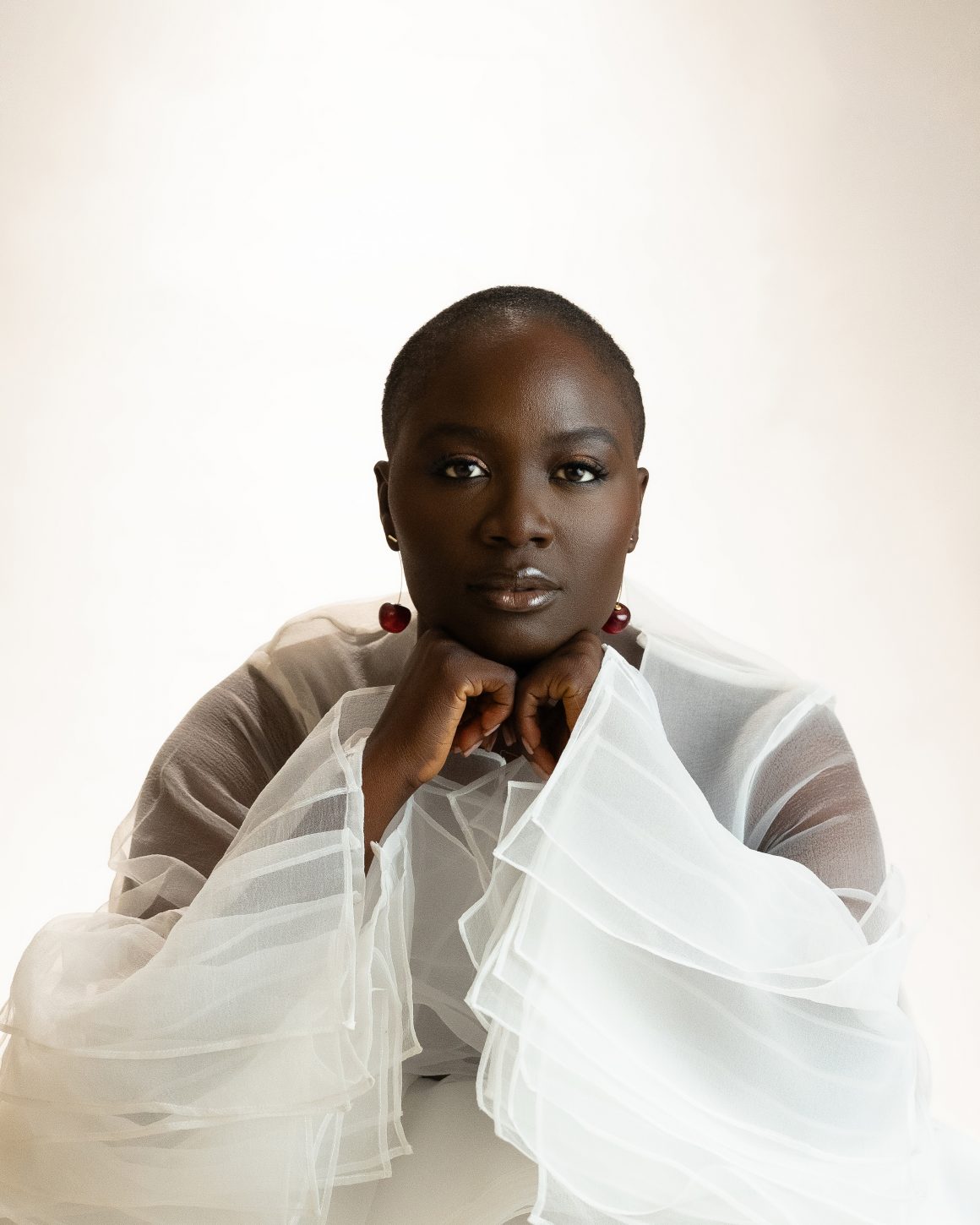
You have been warmly received in Lagos after 68 grueling days on the road, travelling by road from London to Lagos. Tell us what inspired this trip. What gave you the conviction that it was something you could do?
The inspiration for this journey came from a deep-seated desire to connect with different cultures and landscapes in a way that only road travel can offer. The conviction stemmed from a blend of adventurous spirit and wanting to chase adventure, coupled with the belief that such an endeavour while challenging, was an extraordinary opportunity for personal growth and exploration. I did not see enough people who looked like me doing overland travel, and I know the importance of representation.
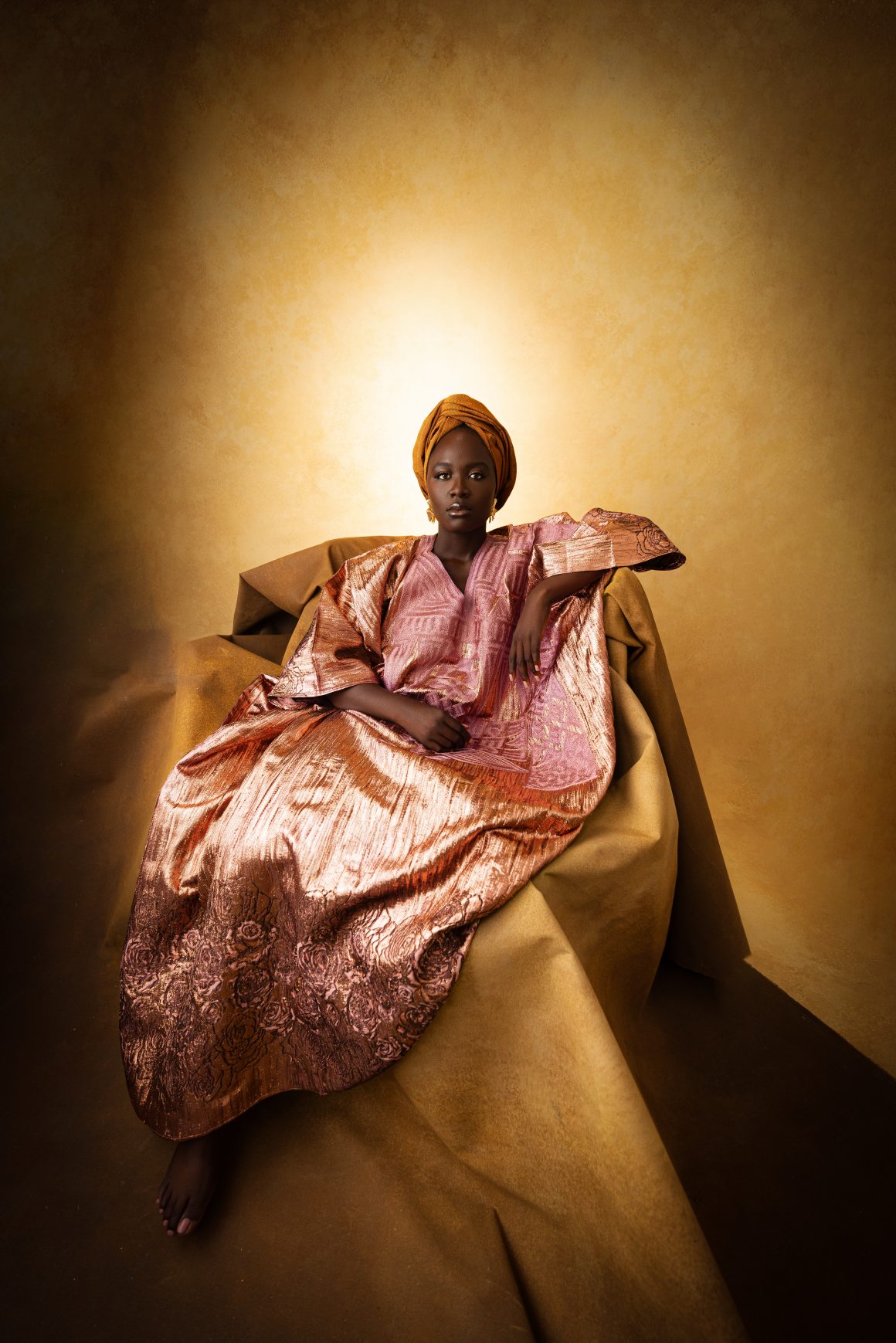
Knowing fully well that this wasn’t something that was going to be easy, how did you prepare for the journey ahead?
Preparation involved extensive research on the routes, securing necessary visas, understanding the geopolitical landscape of the countries to be traversed, and getting mentally fit for the challenge ahead. I spoke to people who had done similar trips to get direct advice from them. Additionally, preparing the vehicle for the long haul and learning basic mechanical repairs were crucial steps I took.
Let’s talk about your car, Lumi. Why did you choose a Peugeot 107 for this trip, and did you for a second doubt the car’s capability to take you on this journey?
I chose a Peugeot 107 for its reliability, fuel efficiency, and compact size, which is advantageous for navigating varied terrains. Yes, I knew it was not made for such a trip, and a four-wheel drive was most likely the preferred and best option, but I had to make do with what I had. I simply used the tool (the car) that I had. I already owned her before the trip, and it was one less cost for me. Despite its small size, I had confidence in its capabilities, having thoroughly researched and prepared it for the journey.
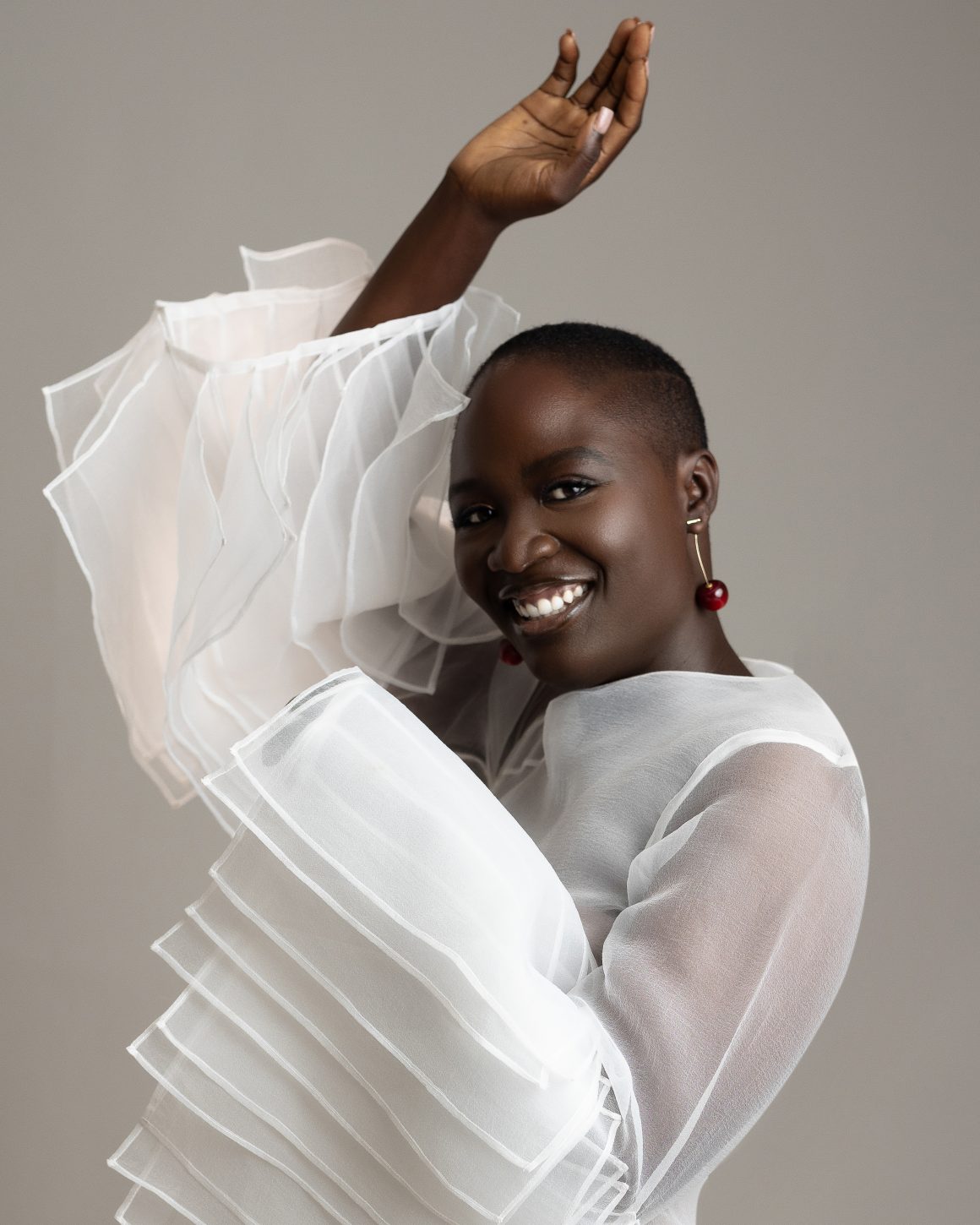
Tell us what the journey was like through Europe. Did you face any setbacks or challenges?
Travelling through Europe was nearly straight-forward; I was able to quickly adapt to the right-side driving, which was different from the UK. My only complaint was the cost of the toll, which was super high in France. But having previously explored most of Europe, I was pretty confident driving through it. It was easy going through Europe.
Also, tell us what the journey was like through Africa. What country did you face the most pushbacks and setbacks?
The African leg of the journey was intense and enriching, with each country offering unique challenges and rewards. The most pushback came from Liberia. From navigating bureaucratic hurdles at borders and adapting to the vastly different road, bad road conditions in Guinea. The journey led me from the historical depth and natural beauty of The Gambia and Guinea-Bissau, with their inviting beaches and rich cultural tapestries, to the vibrant life in Guinea and the resilience of Sierra Leone, each country offering a unique glimpse into the heart of West Africa. The serene beaches, bustling markets, and warm welcome of local communities were constants along the way, painting a picture of a region rich in tradition and natural beauty.
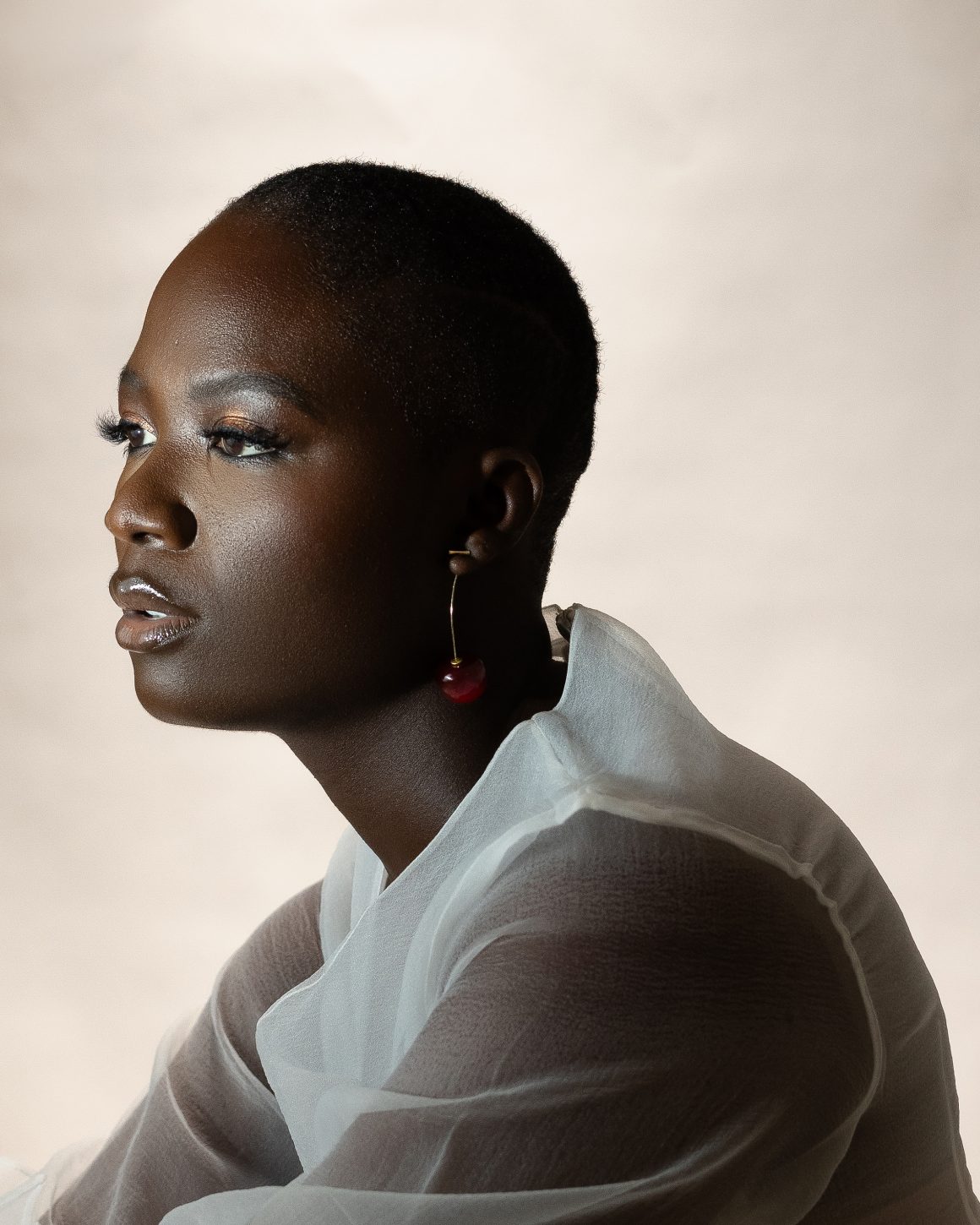
You travelled by day and slept in your car at night; weren’t you afraid, as a woman, of being robbed or harmed? What were the safety measures you took to make sure you were safe at night in your car when you slept?
There were moments of doubt, particularly when facing unexpected challenges, but I had done a year of research to help with this. And after travelling to over 80 countries, you get some practice. However, the overarching goal of completing this journey and the support from the global travel community kept me going.
For safety measures, I chose well-lit, secure parking areas, often in designated camping spots or places known for their safety. Before settling in for the night, I’d ensure all doors were locked, and I kept valuables hidden or carried them with me to avoid attracting attention. I also had curtains or sunshades for privacy and to prevent anyone from seeing inside. Staying aware of my surroundings and trusting my instincts were crucial; if a location felt unsafe, I’d move on. I had an Air Tag for family members to know my exact location. Communication was key too; I kept a charged phone and shared my location with trusted contacts. By taking these precautions, I could rest more comfortably, maintaining a balance between adventure and safety.
Was there any point in time when you felt like or thought of giving up the whole journey, and what happened to make you feel or think this?
No, giving up was never an option. This was a personal journey, and I was determined to finish it, despite my car accident. When people thought it would be over, I had to dig in. I took all the necessary steps to restore the car to being on the road and pressed on with my journey.
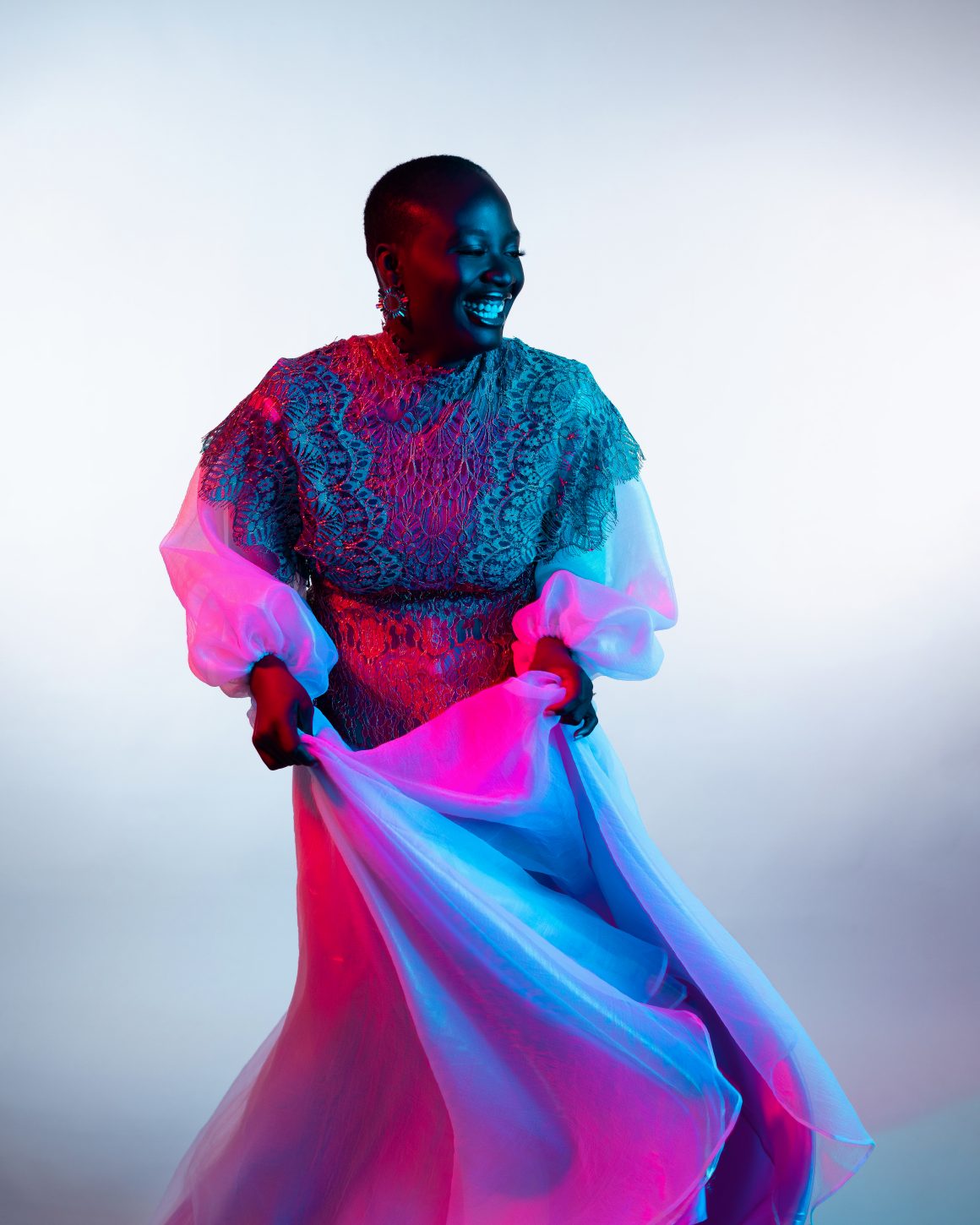
You must have gone through a lot, both mentally and physically, during this trip. What was the one thing that kept you motivated?
My faith in God was unwavering, and I knew he would see me through it all. My family constantly cheered me on; my friends spoke encouraging words to me; and my e-family and online followers who have been part of the journey. All the support I got from them did not let me feel like I was on a solo trip.
What inspired you to start travelling?
My parents encouraged us to explore and took us on trips abroad at a young age, and I just fell in love with it. I loved travel novels growing up; they opened my mind to possibilities, which then fueled my curiosity to keep seeking new adventures.
So far, how many countries have you visited? Which has been your favourite and least favourite?
I have been to over 80 countries. It will be hard to say which one was or is my favourite because every country has its own unique sights and sounds that are to be appreciated, but Nigeria will always be home, and home is where the heart is.
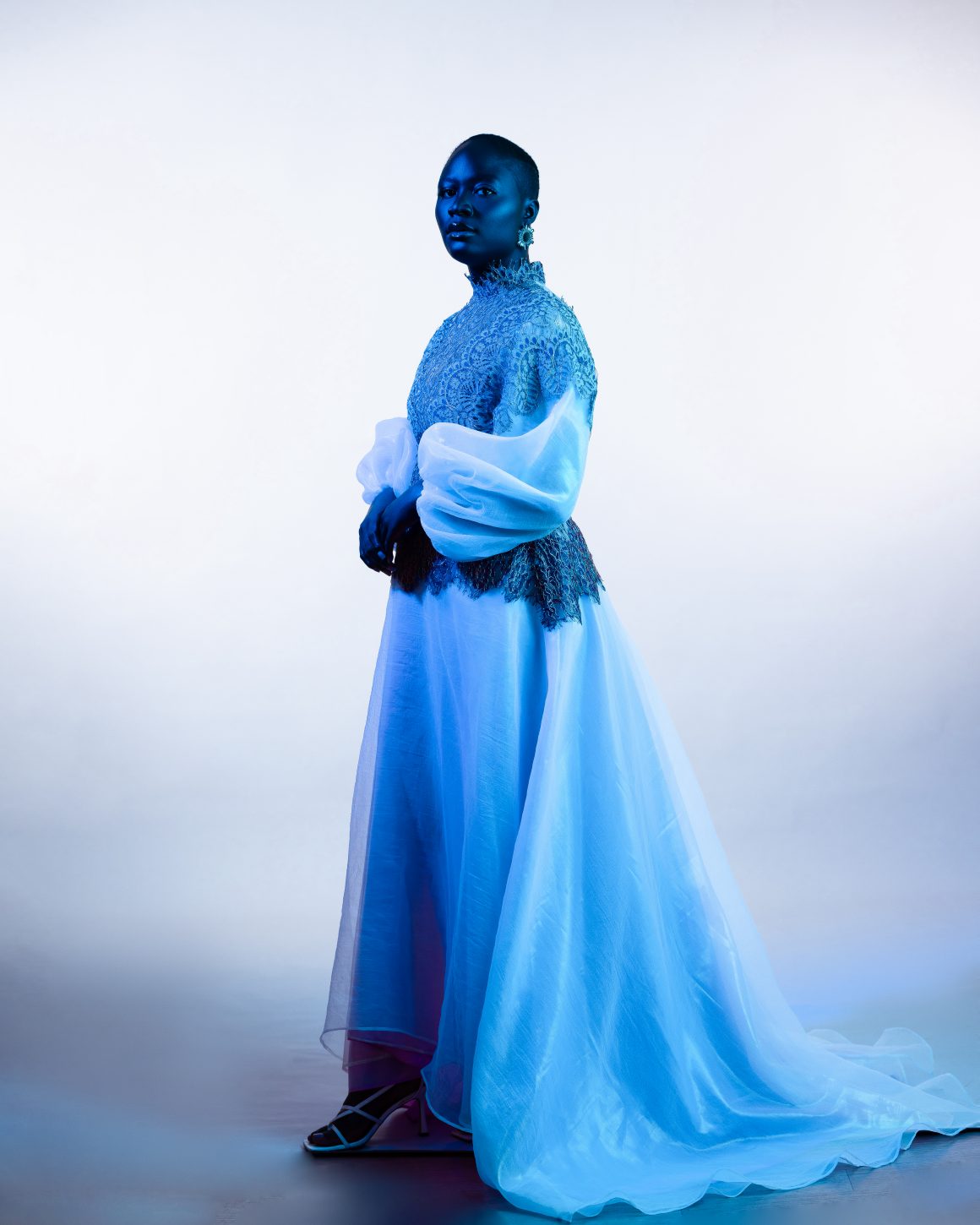
For someone who travels a lot, how are you able to afford it, and how much will you traditionally need to support this lifestyle?
Funding travel involves a mix of savings, working remotely, and sometimes engaging in local jobs. The amount needed varies greatly depending on the travel style, destinations, and level of comfort desired. Yes, travelling is expensive, but if you are determined, there is nothing you can’t do if you have a plan.
For someone who enjoys travelling, what aspect of it don’t you like?
While travel is immensely rewarding, aspects like the transient nature of relationships and the occasional feeling of loneliness can be challenging. Having to wear multiple roles during this trip and feeling the impact of quick hellos and even faster goodbyes is what i didn’t like.
What do you think are the positive things to be gained from travelling?
Travelling offers numerous positives, including broadened perspectives, increased adaptability, personal growth, and a deeper appreciation for diverse cultures and humanity.
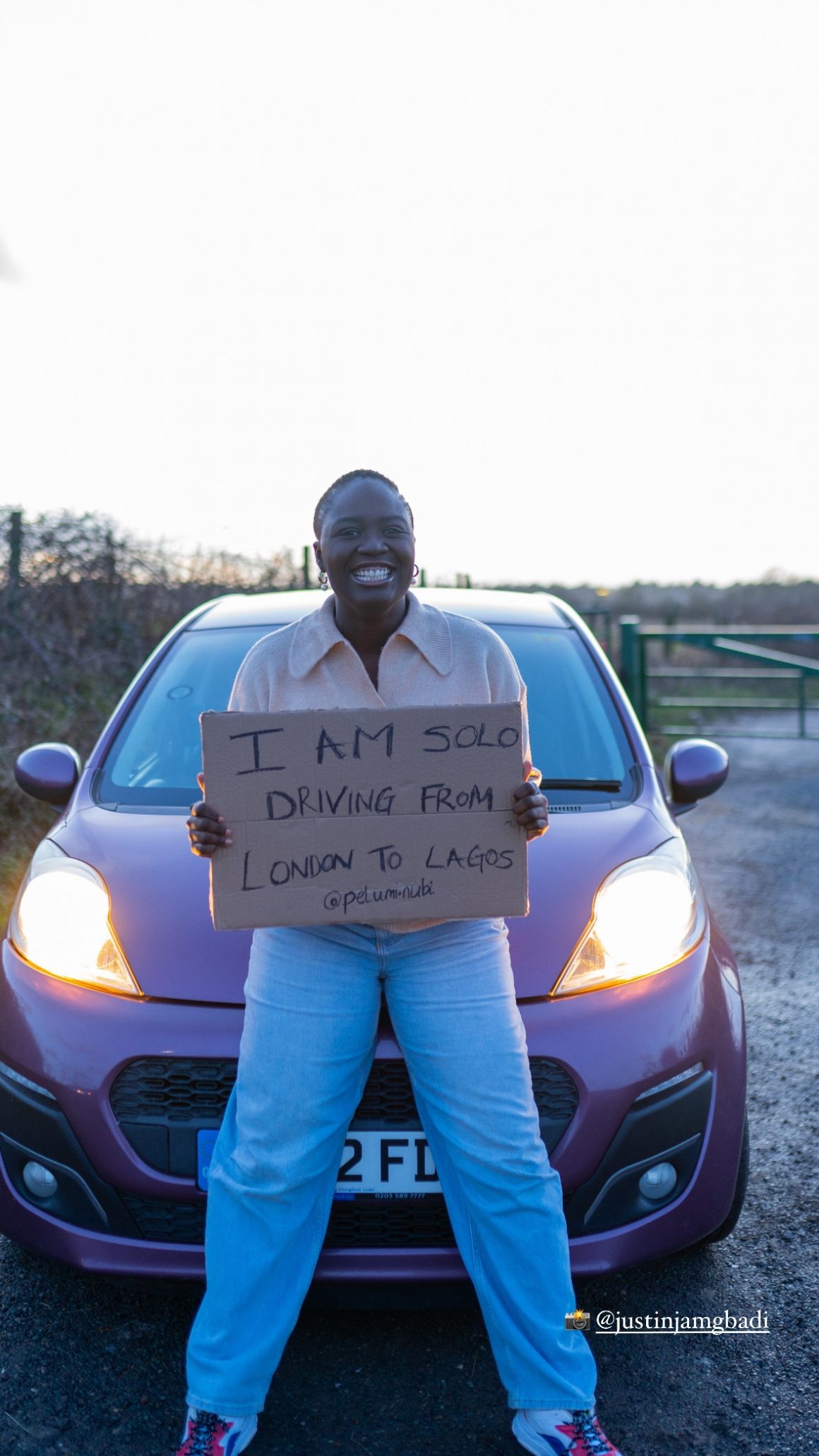
You are also an entrepreneur; you co-founded Oremi Travels. Tell us more about these businesses and how you are able to manage them since you travel a lot. Also, will you say they have been instrumental in funding your travels?
Oremi Travels venture aligns with my passion for travel, offering a service that enhances travel experiences for people who want to travel and celebrate milestones. Balancing these businesses while travelling requires effective remote management and leveraging technology to stay connected and productive. I am grateful for the team I have built to help keep the companies going while I do more travelling to fulfil my passion and help expand the business.
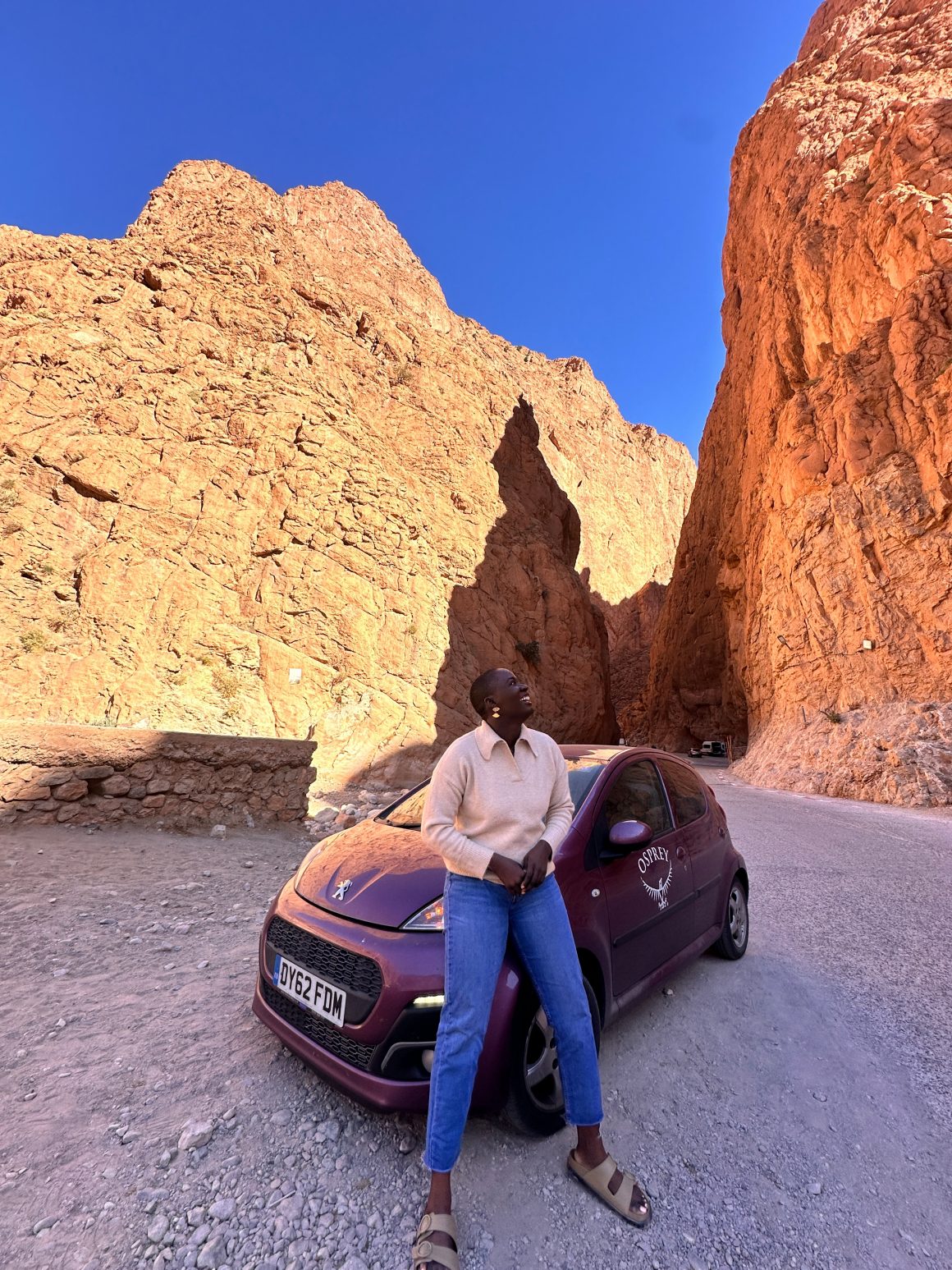
You have talked about living with dyslexia, and travelling is where you find your voice. Tell us more about this and how travel has impacted your condition positively.
Travel has been a transformative experience in dealing with dyslexia, providing a platform for practical learning and boosting confidence. The dynamic and interactive nature of travel has helped manage and embrace dyslexia in positive ways.
Can you provide a few of your best travel tips?
This advice is especially for solo female travellers; safety, preparation, and immersion are key. First, thoroughly research your destination, focusing on safe areas to stay, local customs, and travel advisories, while ensuring you have a reliable means of communication. Secondly, embrace the art of blending in; dress according to local norms; and learn a few phrases in the local language to navigate your surroundings more confidently and respectfully. Finally, trust your intuition; always listen to your inner voice when making decisions about where to go, who to trust, and when to say no, ensuring your travel experience is not only enriching but also secure.

Photo Credits
Makeup artist – Maryjoanne
Fashion designer – Ejiro Amos-Tafiri
Photographer – Emmanuel Oyeleke
Stylist – Mimzbee

